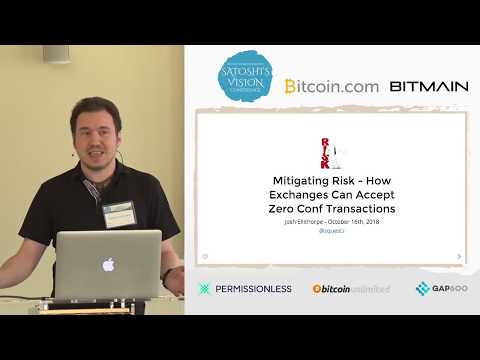If DAA target would change to 1/5 of the current (to 2 min) then block reward should also get changed to 1/5 the current at the moment of switching from 10 to 2, and halving heights after that would be accordingly recalculated as well. I guess we’d get to 0 a bit sooner due to additional integer division by 5, however if we’d have your increased precision CHIP then we could exactly match the original supply schedule. Anyway, even though nobody has worked out the details doesn’t mean it’s not a solvable technical problem.
The locktime opcodes would continue to work with “legacy” heights, like pretend you subdivide block 123 to 123.0, 123.2, 123.4, 123.6, 123.8. If the TX ends up in any of those, the locktime opcodes would evaluate as 123. To get more granularity would require a new set of locktime opcodes. Anyway, backwards-compatibility with regards to contracts is also a solvable problem.
I think the biggest ecosystem cost would be in having various blockchain analytics pages get messed up and display wrong info.
There’s also the increased headers size, and the question of orphan rates.


